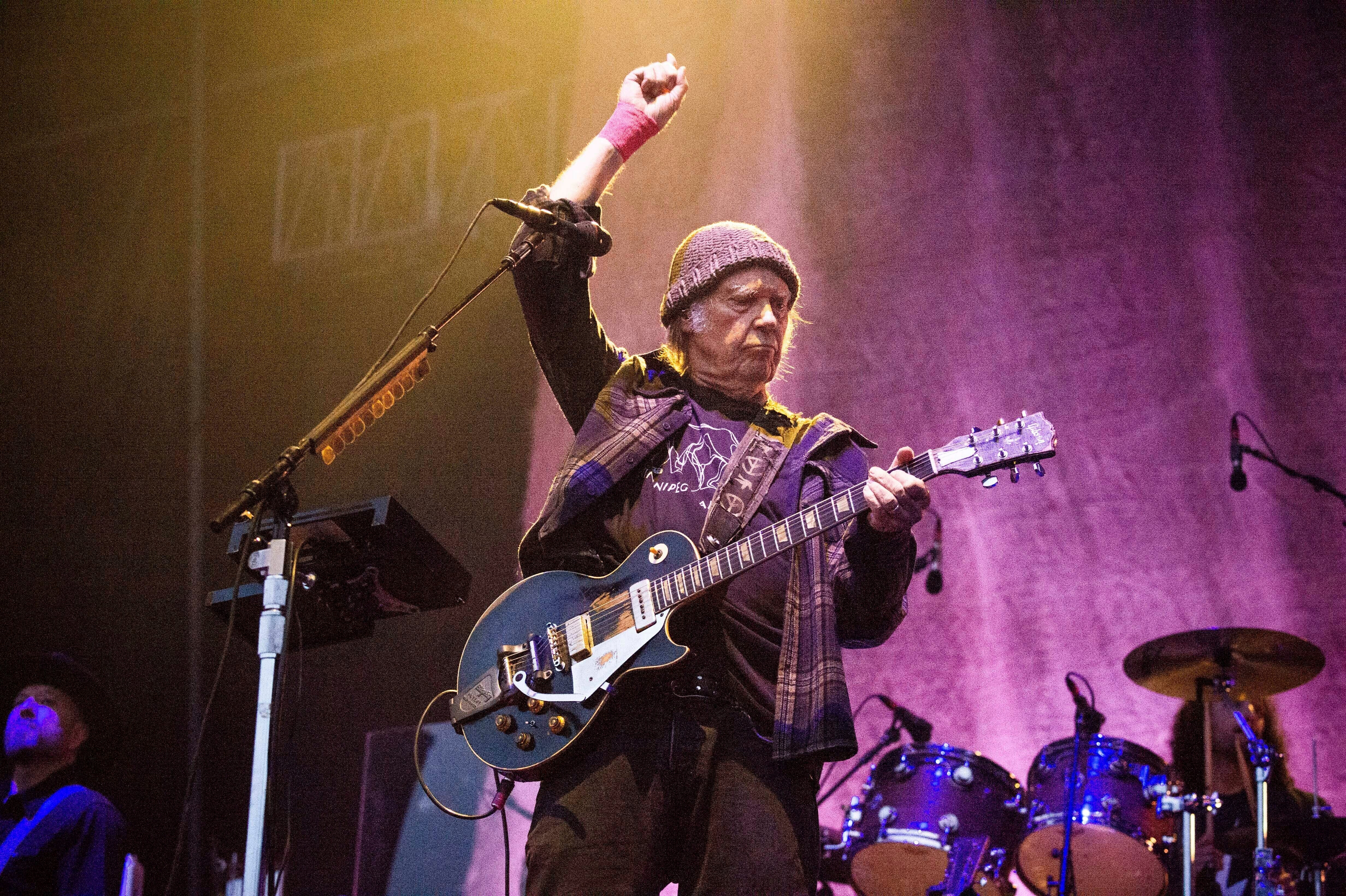Joe Rogan: Doctors and healthcare workers react to Spotify’s statement on vaccine misinformation
Medical experts called Spotify’s response to the backlash over Rogan’s podcast ‘the definition of too little, too late’

Your support helps us to tell the story
This election is still a dead heat, according to most polls. In a fight with such wafer-thin margins, we need reporters on the ground talking to the people Trump and Harris are courting. Your support allows us to keep sending journalists to the story.
The Independent is trusted by 27 million Americans from across the entire political spectrum every month. Unlike many other quality news outlets, we choose not to lock you out of our reporting and analysis with paywalls. But quality journalism must still be paid for.
Help us keep bring these critical stories to light. Your support makes all the difference.
The group of medical professionals who wrote an open letter to Spotify over Covid-19 misinformation on Joe Rogan’s podcast have reacted to the company’s recent statement addressing the controversy.
On 31 December, over 250 doctors and scientists shared their concerns about The Joe Rogan Experience – which Spotify states is its “No 1 podcast” – in an open letter to the audio company, after the popular podcast host interviewed discredited doctor Robert Malone.
Malone had previously claimed that Americans were “hypnotised” into wearing masks and getting vaccines.
The experts claimed that Rogan’s podcast “has a concerning history of broadcasting misinformation, particularly regarding the Covid-19 pandemic” and that Spotify was “enabling its hosted media to damage public trust” in scientific research and their “data-driven guidance”.
The letter prompted the hashtag #BoycottSpotify to trend on social media, with users posting their plans to unsubscribe from the world’s biggest music streaming service.
After Neil Young told Spotify to remove his catalogue from their platform earlier this month, others like Joni Mitchell and Crazy Horse guitarist Nils Lofgren joined “in solidarity” with the 76-year-old “over lies costing people their lives”.
Refusing to cut ties with Rogan, Spotify complied with the musicians’ requests to delete their music from its app, prompting further criticism from fans. The company has a $100m exclusivity contract with Rogan for his show.
On Sunday (30 January), Spotify CEO Daniel Ek addressed the backlash in a blog post without naming Rogan.
Ek shared the company’s internal content management policy and also announced its decision to add Covid-19 advisory labels on relevant content.

Watch Apple TV+ free for 7 days
New subscribers only. £8.99/mo. after free trial. Plan auto-renews until cancelled

Watch Apple TV+ free for 7 days
New subscribers only. £8.99/mo. after free trial. Plan auto-renews until cancelled
Now, those doctors, nurses, scientists and healthcare workers who first questioned Spotify’s content policy have described called their plan to combat misinformation “too little, too late”.
On Monday (31 January), Rolling Stone reported that Dr Katrine Wallace, an epidemiologist who co-authored the open letter against Spotify, argued that its response was “more spectacle than substance”.

Meanwhile, Abbie Richards, who helped mobilise the efforts to write the letter, called it the “definition of too little, too late” and told Rolling Stone that warning labels could actually increase scepticism about real news, as well as fake stories or misinformation.
Richards also noted that Spotify hadn’t removed several of Rogan’s episodes “despite a hefty amount of misinformation” that violated its own internal policy, according to Ek’s blog post, and called for clearer guidelines.
She explained: “[The rules] could be broader to encompass more general medical misinformation, and also more specific about what is the line they draw. It’s quite unclear: what are you allowed to do and not allowed to do? Rogan has somehow avoided crossing the line.”
The Joe Rogan Experience episode that prompted their open letter, for instance, is still available for streaming on Spotify. Meanwhile, YouTube has removed a video of the episode with Malone.
Rogan issued his first statement on the controversy on Sunday night.
In a video posted to Instagram, Rogan said he harboured “no hard feelings” towards Young or Mitchell, and thanked Spotify for continuing to support his work. He also said he would “do his best to research topics” in the future, and backed Spotify’s content disclaimer labels.
He said: “I’m just a person who sits down and talks to people and has conversations with them. Do I get things wrong? Absolutely. I get things wrong, but I try to correct them. Whenever I get something wrong, I try to correct it because I’m interested in telling the truth... And I’m interested in having interesting conversations with people that have differing opinions.”
You can read Rogan’s full statement here.
Join our commenting forum
Join thought-provoking conversations, follow other Independent readers and see their replies
Comments